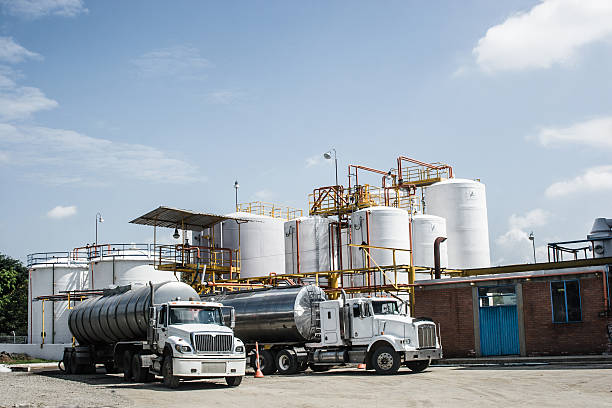Decoding Consumer Choices in Energy
The Mind Behind Energy Preferences Understanding the psychological factors influencing consumer choices is crucial for businesses to align their offerings with customer expectations in the dynamic energy market. Here, we delve into the psychological drivers behind consumer energy decisions, shedding light on how emotions, values, and perceptions shape preferences and behaviors. By grasping these underlying… Continue reading Decoding Consumer Choices in Energy


